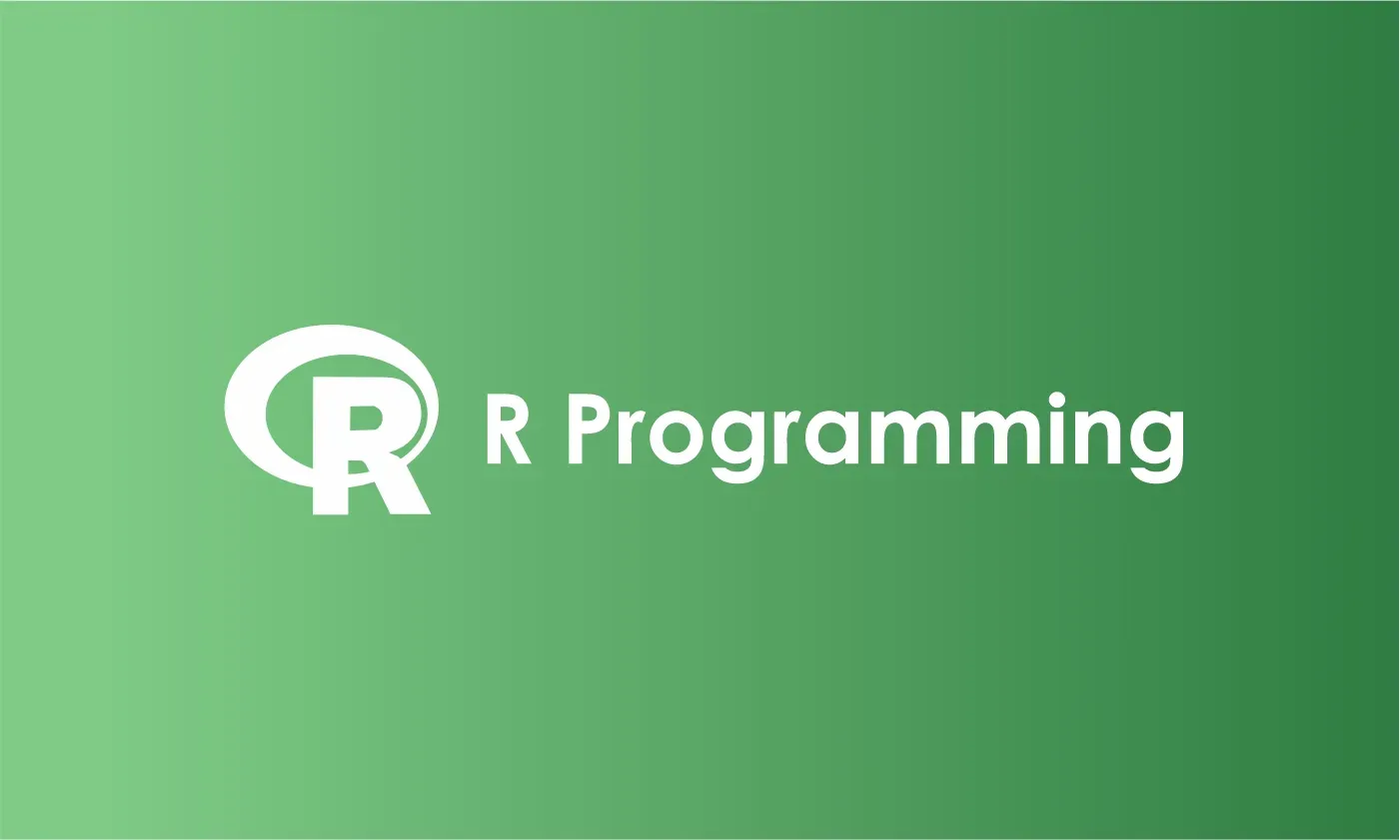
R Programming Online Training
Course Overview: R Programming Certification Course in Bangalore
The R Programming Certification Course in Bangalore offers in-depth training in data analysis, statistical modeling, and data visualization, with job assistance to help you succeed in the data science field.
1. Develop skills to analyze and interpret data using R.
2. Understand the R environment, packages, and data manipulation techniques.
3. Learn best practices for statistical analysis and data visualization in R.Learn software skills with real experts, either in live classes with videos or without videos, whichever suits you best.
Description
This course starts with an introduction to R and its environment, including basic syntax, data types, and control structures. Participants will learn how to handle data, perform statistical analyses, and create visualizations using R's rich set of libraries and functions. The course will also cover advanced topics such as data wrangling, statistical modeling, and reproducible research practices. Practical examples, hands-on projects, and real-world scenarios will be used to reinforce theoretical concepts.1. Gain practical experience with hands-on coding exercises in R.
2. Build real-world projects that reflect industry standards and practices.
3. Explore R's integration with other data science tools and frameworks.Course Objectives
The primary objectives of the R Programming Online Training course are as follows:1. Introduction to R: Provide an overview of R, its history, and its advantages for statistical computing and data analysis.
2. Basic Syntax and Data Structures: Explore R's syntax, data types, and basic data structures such as vectors, matrices, and data frames.
3. Data Manipulation: Learn techniques for importing, cleaning, and transforming data using R packages likedplyrandtidyr.
4. Statistical Analysis: Cover statistical methods and tests available in R for analyzing data, including descriptive statistics, hypothesis testing, and regression analysis.
5. Data Visualization: Introduce visualization techniques and libraries likeggplot2for creating informative and visually appealing charts and graphs.
6. Advanced Data Wrangling: Explore advanced data manipulation techniques, including reshaping data and handling missing values.
7. Statistical Modeling: Learn to build and interpret various statistical models, including linear and logistic regression.
8. Reproducible Research: Understand best practices for reproducible research using R Markdown and other tools for creating dynamic reports.
9. Integration with Other Tools: Discuss how R integrates with other data science tools and frameworks for enhanced data analysis capabilities.
10. Performance Optimization: Learn strategies for optimizing R code to improve performance and efficiency.
11. Deployment: Cover best practices for deploying R-based applications and reports in production environments.Prerequisites
1. Basic understanding of statistics and data analysis concepts.
2. Familiarity with any programming language (preferred but not required).
3. Knowledge of basic mathematics and algebra.
4. Understanding of data structures and file formats (e.g., CSV, Excel).
5. Experience with using and navigating the command line interface (CLI) (optional but beneficial).Who Can Learn This Course
This course is suitable for a diverse range of individuals, including:1. Data Scientists: Professionals looking to enhance their skills in statistical analysis and data visualization using R.
2. Data Analysts: Individuals interested in analyzing and interpreting data with R to support decision-making processes.
3. Researchers: Academics and researchers who need to perform data analysis and statistical testing in their studies.
4. Statisticians: Professionals aiming to expand their knowledge and practical skills in statistical computing with R.
5. Students and Graduates: Individuals pursuing degrees in statistics, data science, or related fields with an interest in R programming.
6. Data Engineers: Professionals involved in managing and processing data who want to leverage R for analysis and reporting.
7. Project Managers: Individuals overseeing data-centric projects who need to understand R's capabilities and applications.
8. Anyone Interested in Data Analysis: Enthusiasts curious about learning R for analyzing and visualizing data effectively.The R Programming Online Training course is designed to cater to both beginners and individuals with some experience in data analysis, providing a solid foundation in R concepts and practical skills for performing advanced data analysis.
Course Curriclum
Training Features
Comprehensive Curriculum
Master web development with a full-stack curriculum covering front-end, back-end, databases, and more.
Hands-On Projects
Apply skills to real-world projects for practical experience and enhanced learning.
Expert Instructors
Learn from industry experts for insights and guidance in full-stack development.
Job Placement Assistance
Access job placement assistance for career support and employer connections.
Certification upon Completion
Receive a recognized certification validating your full-stack development skills.
24/7 Support
Access round-the-clock support for immediate assistance, ensuring a seamless learning journey.
Upcoming Batches
Placed Students
Enroll now and join our alumni.
Explore More Courses
Enroll for : R Programming Online Training
Start Date: 2024-10-01
Mentor: Working Professional
Duration: 3 Months
